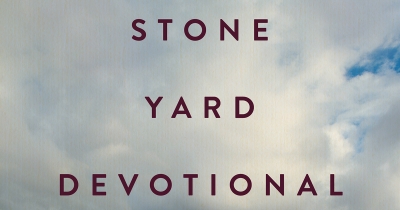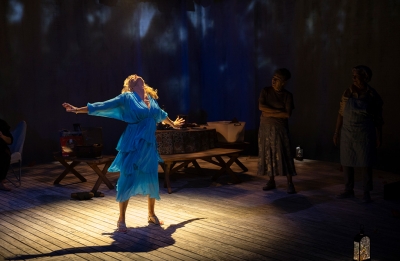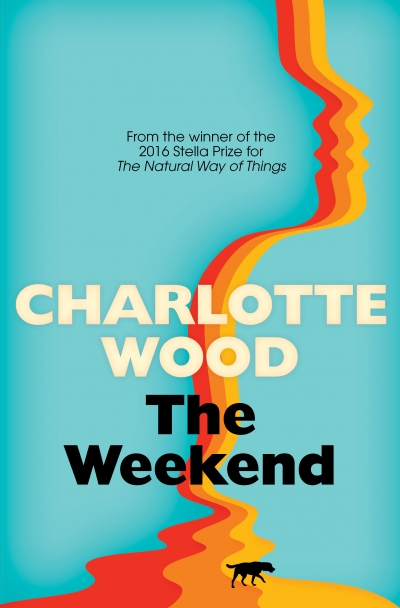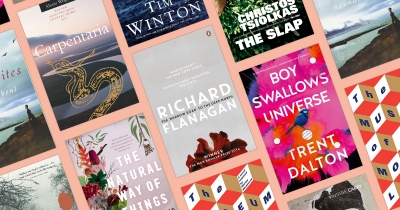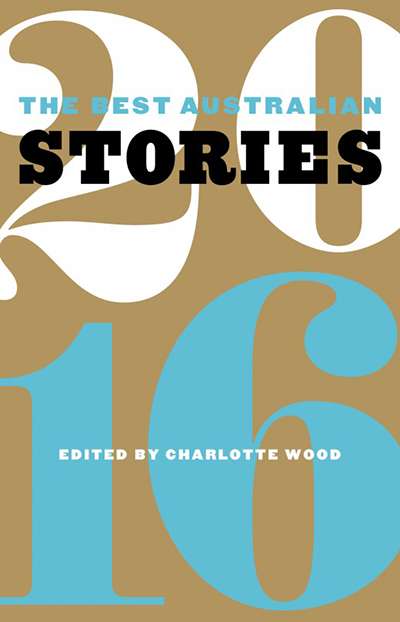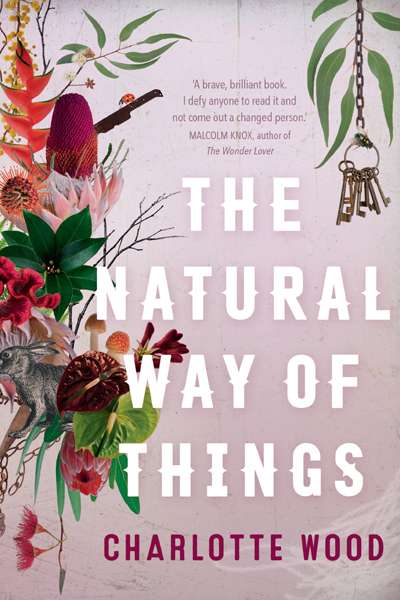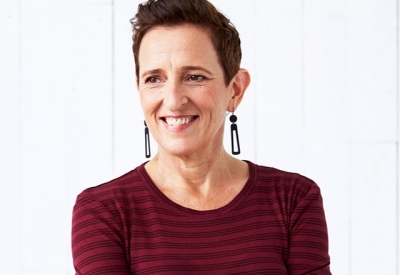Charlotte Wood
The Weekend is a Trojan horse of a play. In setting and humour, the production shares a family resemblance to many of David Williamson’s comedies of middle-class manners. The scene is a beach house on the Central Coast of New South Wales over Christmas. Our characters are three white women of seeming privilege in their early seventies who throw around one-liners about sourdough bread and poke fun at the excesses of enfant terrible male theatre directors (think Simon Stone or Benedict Andrews). The women even dance, Big Chill style, to a Carole King song as they reminisce about their youth.
... (read more)Ten years after the first ABR FAN Poll, the second one was limited to Australian novels published since 2000 (though we received votes for recent classics such as 1984, Voss, and Monkey Grip). When voting closed in mid-September, Richard Flanagan’s Booker Prize-winning novel The Narrow Road to the Deep North emerged ...
... (read more)The Best Australian Stories 2016 edited by Charlotte Wood
Release the Bats by DBC Pierre & The Writer’s Room by Charlotte Wood
I hate the words ‘bitch’ and ‘pimp’ and ‘porn’ used – even ironically – for everything from cookery to cars to home décor. I think we should all say ‘thrice’ again.
... (read more)
